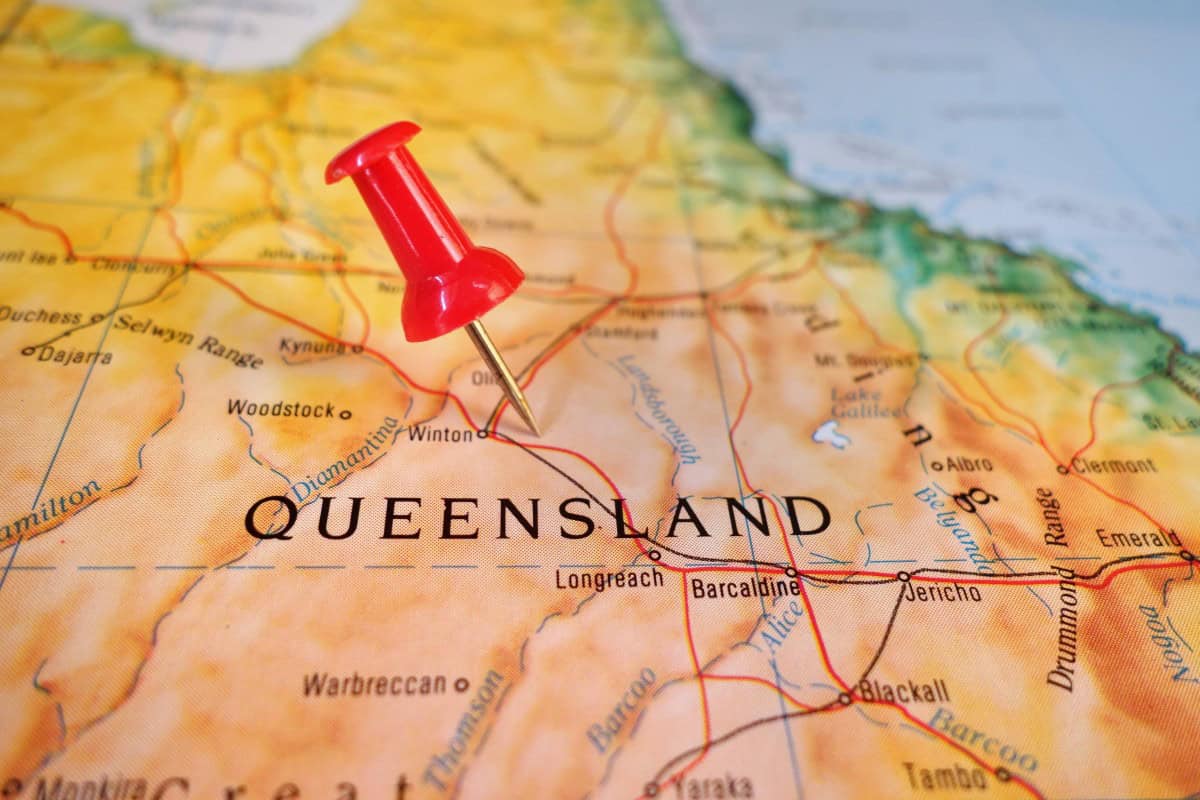Coal to remain in demand: BMA’s Adam Lancey

Queensland’s competitive position in the energy transition was highlighted at the 2024 Queensland Mining Awards.
BHP Mitsubishi Alliance (BMA) asset president Adam Lancey says Queensland has become one of the biggest global players in the resources arena.
“Across the mining industry we’re facing challenges — inflation pressures, disruption to supply chains, labour constraints, changes to policy and the need to accelerate the global energy transition,” he said.
“Despite operating in an environment that is rapidly changing, we continue to play a key part in meeting the global demand for essential steelmaking minerals.”
The Queensland mining industry contributed more than $116b dollars to the State economy, supported more than 500,000 jobs and more than $18b in payments to the State Government in FY23, with 70% of that coming from the coal industry, according to Mr Lancey.
He says high-quality metallurgical coal and iron ore will continue to have a huge role to play despite the growth of future facing commodities.
“Demand for steel will continue to be strong, and the world’s best quality steelmaking coal — found right here in Queensland — will be in high demand several decades into the future for use in renewable energy infrastructure,” he said.
“China alone has recorded a fifth consecutive year of crude steel production of above 1bt, and crude steel production in India alone has increased by over 40% since the beginning of the decade.
“These nations are rapidly building and need steel to keep up with urbanisation, population growth, the infrastructure of decarbonisation and the rise of living standards.”
Mr Lancey says despite the potential future opportunities, it is still difficult to attract investment in Queensland.
“What the resource industry needs are policy and fiscal settings that give Queensland a competitive edge—faster permitting; an industrial relations system that delivers productivity, flexibility and competitiveness to drive job creation and wage growth; predictability and reduced risk,” he said.














